
At least four beachfront businesses in Samara are considering laying off some of their staff. One of them has already made cuts of some of their waiters and waitresses.
On June 15 and July 1, the Municipality of Nicoya notified nine businesses (six restaurants, two hotels and a surf school) that they had to remove tables, chairs, sunshades and other objects that they had on the beach. They believe this will reduce their seating capacity, their income and their ability to sustain their restaurants as they currently operate.
In the official letter, the municipality gave a period of five business days to vacate the beach area. So far, the businesses still have chairs, tables and umbrellas there. Some removed their beach chairs located on the sand as a “show of commitment” toward working together with the municipality.
After receiving the letters, the businesses jointly filed a revocation appeal with the municipality, requesting that the institution consider renting the public space to them so they can stay on the beach. This was confirmed to The Voice by Gusto Beach partner Simone Passaredi and by the coordinator of the local government’s Maritime Land Zone (ZMT for the Spanish acronym) department, Vivian Leal. The municipality has not responded to the appeal.
The local government made this decision in compliance with a resolution from the Constitutional Court. A resident of Samara filed an appeal against the municipality due to businesses using the beach.
The Court concluded that the municipality should evict all of the businesses and individuals that kept structures and private objects within the public area of the beach without temporary or other types of permits.
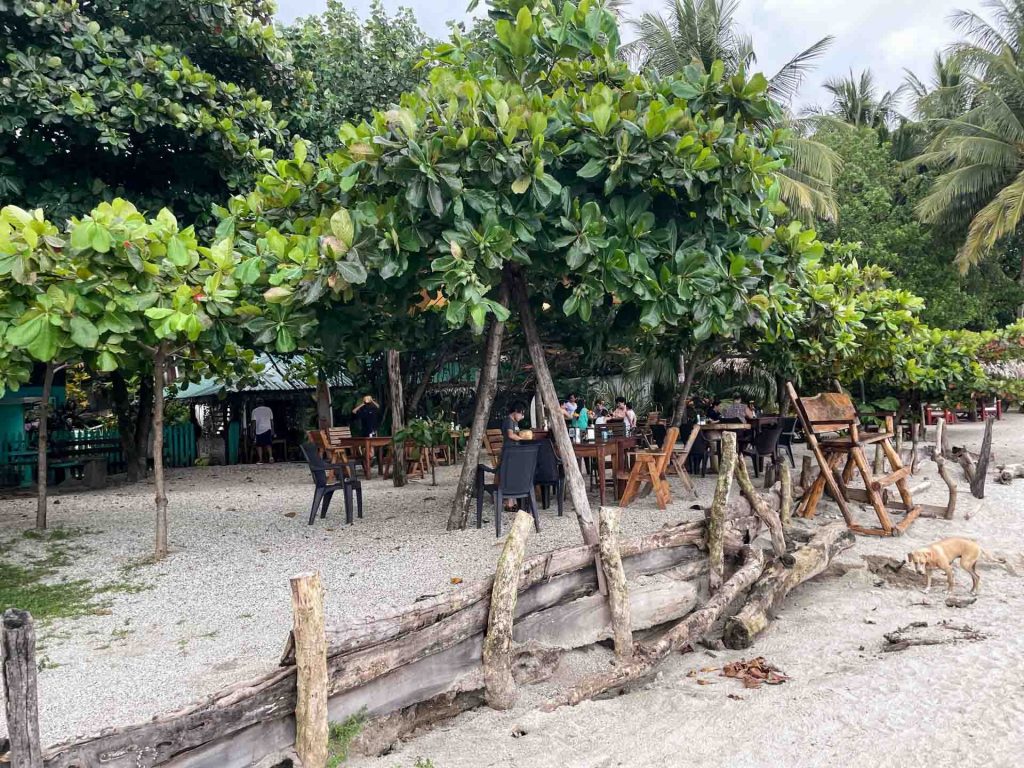
The restaurants affirm that for more than five years, they’ve been trying to negotiate with the Municipality of Nicoya to use the space in the public area of the beach. Foto: Yamlek Mojica
The resolution indicated that article 22 of the Maritime Land Zone Law must be complied with, which establishes that there must not be any object within the limit of the mojones. Mojones are stone posts that mark the first 50 meters of the beach from the maximum point of high tide. Most of the limits were established in 1998 and haven’t been updated since then, despite changes in sea level.
All of the business administrators interviewed by The Voice admitted that they know that they’re invading the public area of the beach. Even so, they’re asking that the municipality consider working with them to create commitments in favor of the community, which would allow them to stay in the area and not dismiss their current employees.
According to the person in charge of the Maritime Land Zone, Vivian Leal, businesses that don’t comply run the risk of “a procedure to cancel the concession or take it to court.”
Leal also told The Voice that in the second half of the year, they’ll take the same actions in Nosara. “To determine the business premises and their quantity, a field inspection must be carried out to locate them,” she mentioned.
They Allege that Eviction Affects Income
Some businesses estimate that removing the objects would mean reducing 80% of their current capacity and a similar reduction in their monthly income. Locanda hotel and restaurant, for example, could only use two of the tables that are inside the premises, 12 fewer than they currently manage.
The business as such is affected, but more than anything, the employees. In our case, we have to dismiss 20 employees…. If there’s no restaurant, they’ll have to go home,” said the manager of Locanda’s restaurant, Jessica Lopez.
The same scenario is faced by El Ancla, Lo Que Hay Beach and Gusto Beach, all of which have been partially located in the public area of the maritime land zone for years.
El Ancla, a restaurant with traditional Costa Rican food, could only keep four of the ten tables that they currently serve. According to the administrator, Katia Valencia, she knew it was an imminent risk since she started working at the restaurant five years ago.
Valencia said that since then, the owners of the establishment have tried to obtain legal permits from the local government, but she believes that the previous local government administration didn’t have the “will” to put the situation in order and with the current one, there are communication problems with the businesses.
The administrator said that in the absence of coordinated actions with the municipality, she tries to ensure that her business isn’t “an obstacle” to townspeople being able to enjoy the beach. There is free access from the street to the beach through the premises, she allows people to use their showers and bathrooms and she turns off the music from the restaurant when groups of tourists bring their own speakers.
Even so, the restaurant will have to lay off an undetermined number of workers at the time that they vacate the public space that they continue to use.
I don’t think [the eviction] is well planned,because if they cut my sitting room, I have to cut staff. There’s no way for us to get the same income input to keep everyone without enough tables,” Valencia said.
In the case of Lo Que Hay Beach, they have already removed all of the beach chairs and several tables that they had located on the beach, but they still have about eight tables and other decorative items on the sand. The cutbacks forced management to lay off five servers and cut hours for others.
These are very difficult times. We removed some tables and therefore we had to let some waiters go. It’s very hard for us, but we don’t know what to do. What I ask for is more time, that they let us see how we deal with it,” assured the owner of the premises, Eric Bonnot.
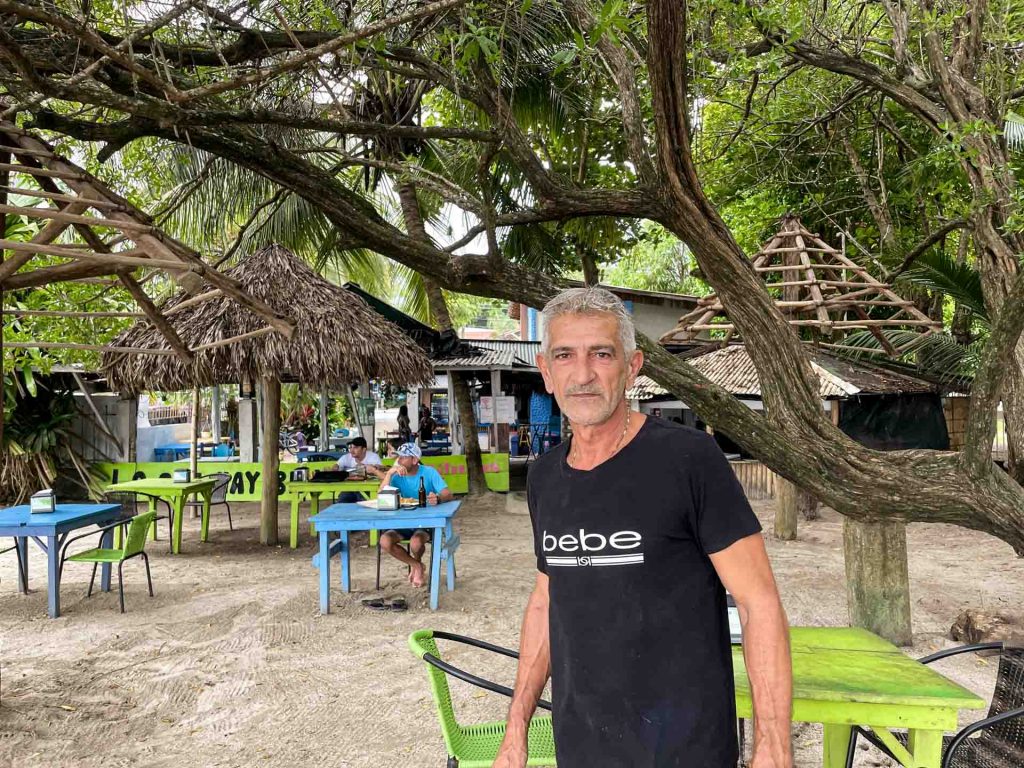
Eric Bonnot owns Lo Que Hay Beach, a restaurant south of Samara’s main entrance. Photo: Yamlek Mojica
Regulations Would Allow Municipality to Issue Permits
Currently there is no regulation that specifies the conditions for using public spaces in the maritime land zone of Nicoya’s beaches. The Maritime Land Zone Law specifies that in the public area of the beach, “no type of development will be allowed.“
A lawyer specializing in administrative and environmental law, Walter Brenes, said that there is a way in which the municipality can grant use permits within these public spaces.
Article 154 of the General Law of Public Administration allows municipalities to grant precario (temporary) permits for businesses to use the public area of a canton. This means that a business can place objects within the public space but it can’t keep them there all day, it doesn’t have exclusive use rights, it can’t build there, and the municipality can revoke that authorization at any time.
Some municipalities have implemented this article to provide a solution to businesses whose attraction is having part of the tables in the public areas of the canton. For example, in 2017, the Municipality of Garabito regulated the use of land within the ZMT’s public area. In 2021, the Municipality of Curridabat made a specific regulation to grant municipal permits under this article.
It’s recommended that the municipal councils issue regulations. They have to regulate, for example, that not all of the tables are in the public area or that they don’t impede access to the beach for the rest of the people,” commented the expert.
For his part, the community’s syndic (district representative), Bonifacio Diaz, affirmed that he “can’t do anything” to advocate for the businesses and explained that he won’t be doing anything to obtain precario permits.
Diaz stated that within the district’s maritime zone, there are “more serious situations” that he is focused on, such as solutions for evicted families and street vendors at the entrance to the beach.
What a shame, but the law is clear. They can appeal if they want, but they are breaking the law. I’m so sorry, I can’t do anything as syndic. It’s not fair that some do and others don’t,” said the community leader.
Instead, the syndic applauded the municipality for working to recover the public area and stated that the businesses should look for ways to not dismiss affected personnel.
“As syndic, I‘ve received complaints that these restaurants monopolize the beach and they are things that I shouldn’t even give an opinion on because the law is clear…. To me, that isn’t a reason for dismissing employees. They could look for ways to adjust without monopolizing the beach,” he pointed out.
Possible Bill
On May 30, the Christian Social Unity Party (PUSC for the Spanish acronym) presented a bill that modifies business use within the 50 meters of the ZMT and that attempts to legalize the permanence of these tables and chairs for businesses located on the country’s beaches.
The bill is intended to standardize the requirements, rights and obligations that businesses must meet to obtain precario permits within the public zone for all of the country’s coasts. That party’s Guanacastecan legislator, Melina Ajoy, presented the bill to the municipality and the businesses in Samara on July 9.
During the municipal council session, the mayor of Nicoya, Carlos Armando Martinez, stated that the municipality could support the proposal but that the proposal is still “in the presentation phase.”
We’re willing to support this management. Now, it’s a bill. It’s just in a presentation phase. Even so, to me, it seemed very valid to listen to the proposal,” said the leader during the session.


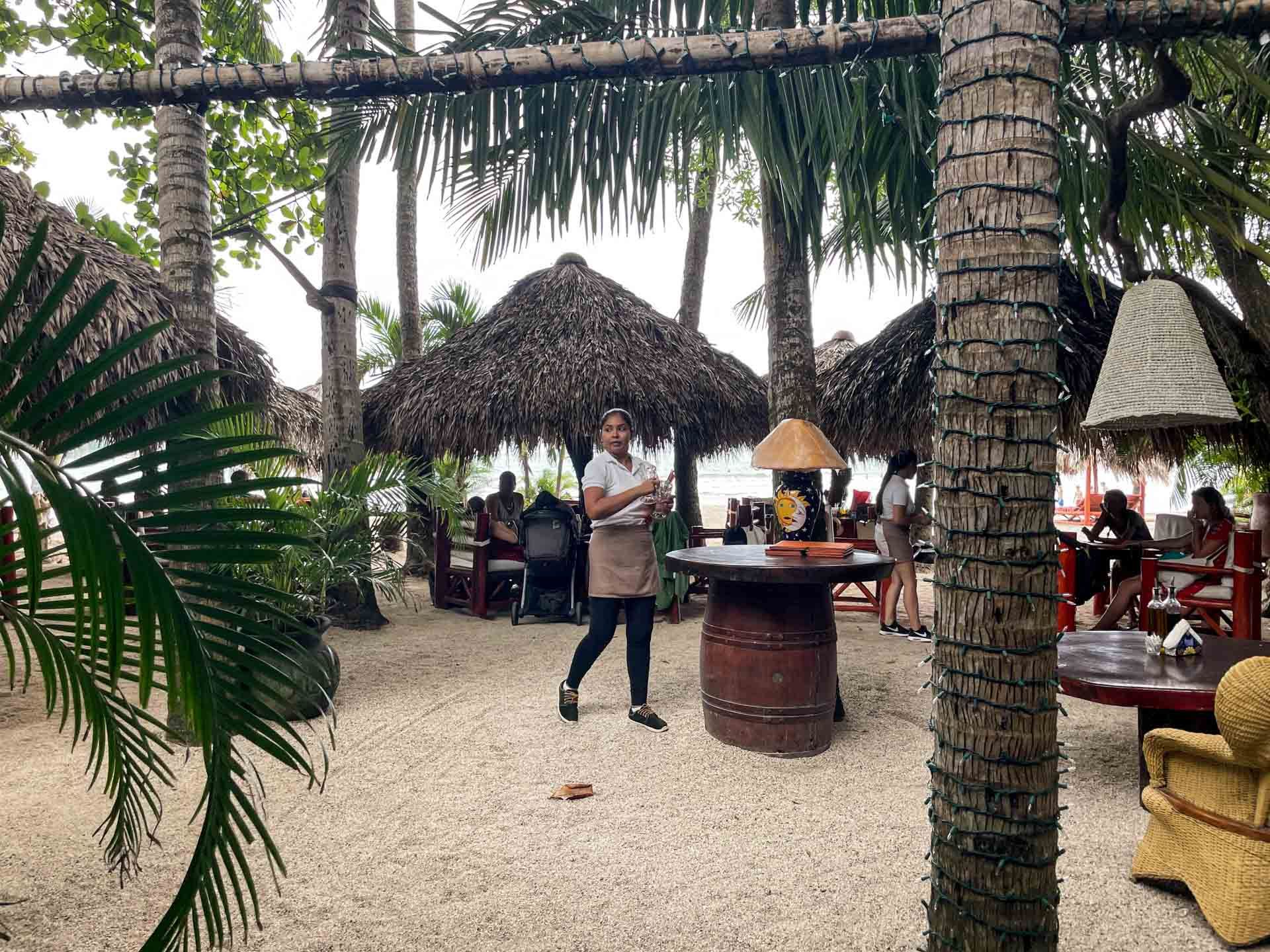
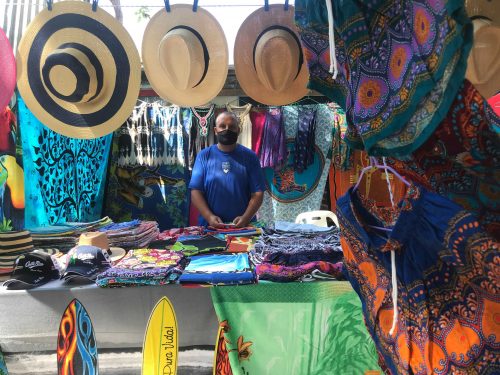
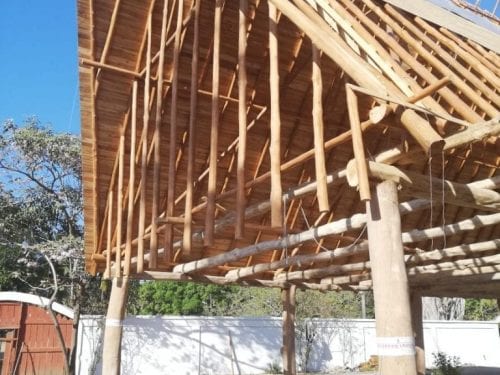
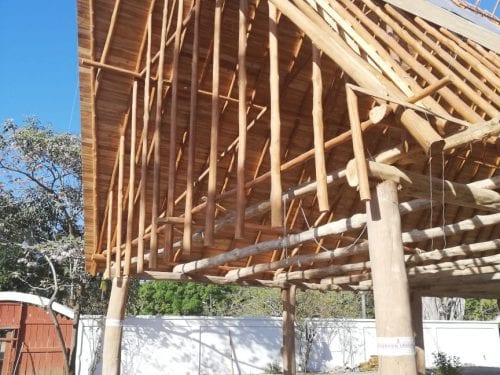

Comments